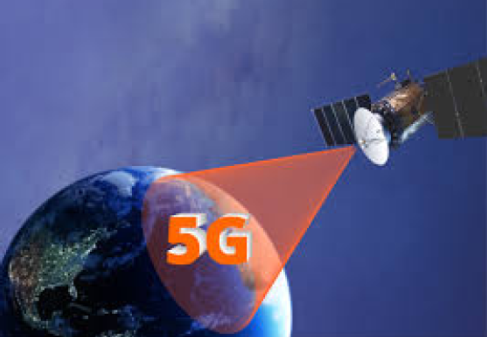
As of the 10th May, Nigeria has confirmed 4151 positive cases from Covid 19 and sadly recorded 128 fatalities. As part of measures to curtail the spread of the virus, schools and other educational institutions have been shut. Educational instructors have been advised to adopt online education, television, radio etc., to instruct and transfer knowledge to students.
Workers who are able to work remotely have been constantly advised to do so, whilst avoiding the need to commute to work places. Courts have also delivered hearings virtually and this was celebrated as a milestone for the Nigerian judiciary to finally embrace the use of communication technologies. Even Governmental officials were not left behind, as we witnessed officials holding virtual meetings to discuss and implement policies on how to flatten the curve.
A common thread through these measures is that they all seem to rely on the use of information and communication technologies to meet their objectives. In fact, telcos recorded a significant increase in the number of data revenues; MTN recorded a 59% increase in data revenue in Q1 2020.
Register for Tekedia Mini-MBA edition 19 (Feb 9 – May 2, 2026): big discounts for early bird.
Tekedia AI in Business Masterclass opens registrations.
Join Tekedia Capital Syndicate and co-invest in great global startups.
Register for Tekedia AI Lab: From Technical Design to Deployment (next edition begins Jan 24 2026).
Ironically, on the 5th May 2020, the Senate directed its technical committee to conduct a thorough investigation to determine the status of 5G networks in Nigeria as well as health implications of such deployment in Nigeria. The sponsor of the motion, Senator Uche Ekwunife, suggested that Switzerland had placed an indefinite moratorium on the use of 5G networks.
Now, the increasing use of broadband networks for online education, virtual hearings, virtual and remote meetings etc., means that there will be a surge in the demand for bandwidth and 5G no doubt holds the promise to meeting this exponential bandwidth demand. As may you have noticed during the lockdown, the quality of the networks was significantly reduced, as a way of meeting the increased demand. In fact, In the EU, the likes of Youtube, Netflix, Google etc., were directed to reduce the bitrate of videos as a way of meeting the increased network traffic demand.
Currently, Nigeria has not deployed 5G networks and to the best of my knowledge, I’m not sure telcos are looking to deploy the network anytime soon. This is as a result of the huge cost of deploying such networks (billions of dollars) as well as the need to make significant return on the investments on the current deployment of 4G networks. Please see for an estimated year of 5G deployment in Nigeria, without Governmental delays.
Yes, Switzerland halted the deployment of 5G networks over radiation concerns and set up a task force to investigate the health concerns. But recent news indicates that the Swiss Government has decided to okay the current standards as well as emission standards of 5G networks, as the task force was unable to agree to a joint recommendation on relaxing the current.
To end, there is nothing wrong with investigations of the health impact of 5G networks; I just hope that technical professionals would be allowed to conduct such investigations as well as use science to guide the Senate in making informed policies, so we don’t end up with a stalemate. Governmental delays and interference within the telecoms sector could be damning.
Going forward, I think that lawmakers should be updated on emerging technologies like 5G so that they would be pre-informed on issues related to the development and deployment of such technologies within the country so it does not appear as if we are waiting to jump on the next bandwagon.



